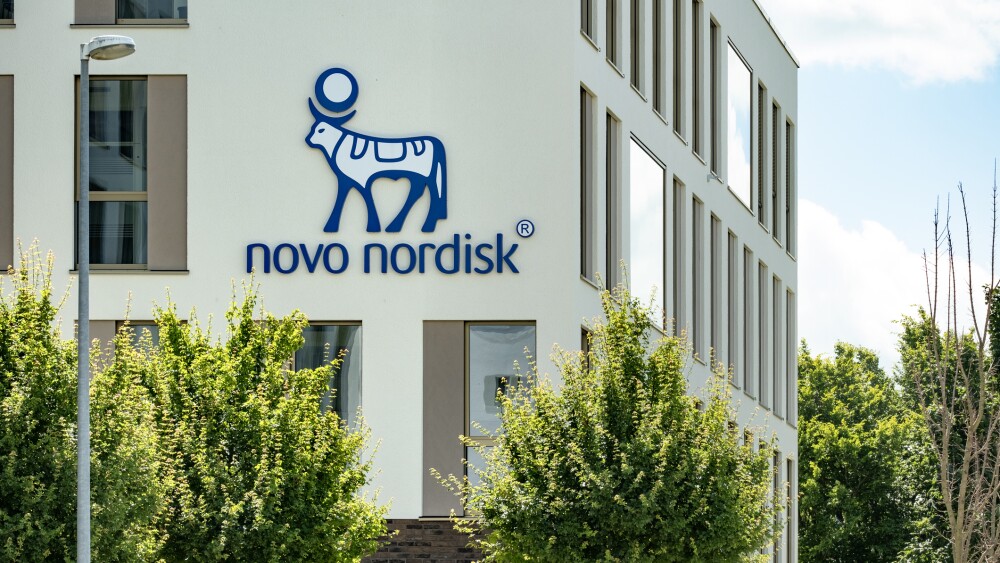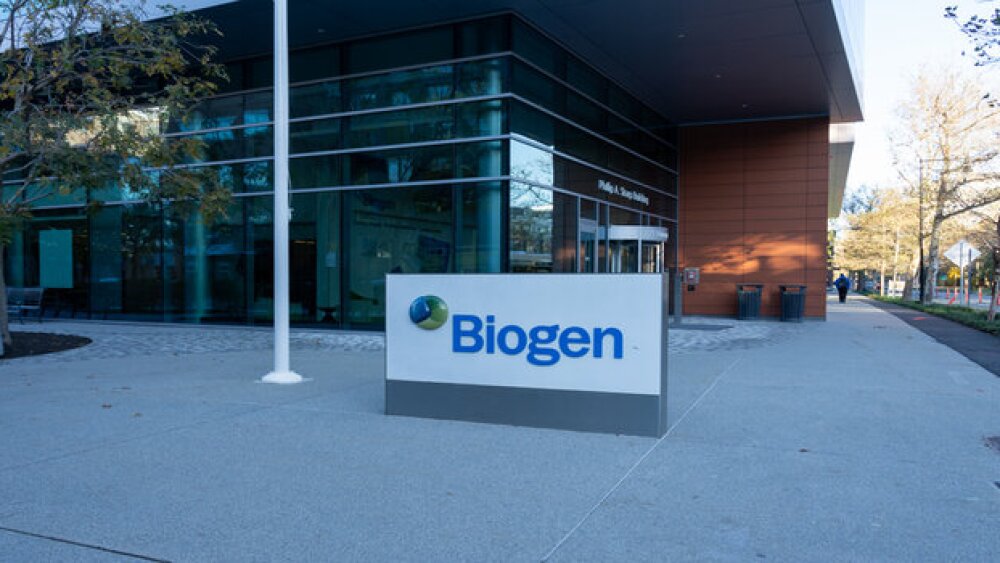The biopharma industry remained strong, as demand for COVID-related products skyrocketed. However, some companies are facing layoffs. Here’s a brief overview.
Original publication date: March 2, 2021
The COVID-19 pandemic has caused global job loss for many as companies shuttered under strict lockdowns and general economic downturn. The biopharma industry remained strong, as demand for COVID-related products skyrocketed. However, some companies are facing layoffs. Here’s a brief overview.
Considering the economic effects of the COVID-19 pandemic, there have been relatively few layoffs in the biopharma industry, at least so far. However, there have been a few. Here’s a look.
Gilead Sciences filed that it is laying off 170 workers, effective May 30, at its Foster City, California site. It is also transferring some workers in administrative positions from Foster City to North Carolina. The North Carolina site is a new location.
North Carolina Governor Roy Cooper said, “Gilead confirms that North Carolina sits at the crossroads of technology and life science innovation and offers the talent, infrastructure, and business environment needed to support their success.”
The state believes Gilead will grow the North Carolina economy by $1.11 billion over the next 12 years and the “state and local area will see a year economic impact of more than $39 million” from its investment.
Andrew Dickinson, Gilead’s chief financial officer, stated that Gilead is “eager to welcome many of the highly talented, highly skilled people who live in the Research Triangle region to work with us as we seek to advance new medicines for people with unmet medical needs.”
Although 178 jobs are being cut in Foster City, it expects to create 275 new jobs at the North Carolina site, which it says, “will take up to two years.”
In early February, Amgen announced they were eliminating hundreds of U.S. jobs, most in the sale division. The company indicated the layoffs will allow Amgen to invest in other opportunities, including new product launches and research-and-development. The announcement was part of its fourth quarter and 2020 full-year financial report. In it, Amgen cited a 9% growth in sales of $25.4 billion. The gains were primary based on volume growth but were offset by lower net selling prices and the pandemic.
In mid-February, GlaxoSmithKline cut 300 jobs as part of shuttering its antibiotics production in the UK. This was the result of a $500 million product sale to Novartis Sandoz. Under the terms of the deal, Sandoz is paying GSK $350 million at closing and additional milestones up to $150 million. The agreement includes global rights to three brands, Zinnat, Zinacef and Fortum in more than 100 countries.
GSK was dividing itself into two companies, one focused on over the counter (OTC) products and the other on prescription drugs and vaccines. GSK indicated the deal aligns with its strategy of prioritizing and simplifying its portfolio while investing in its R&D pipeline and new product launches.
French company Sanofi’s restructuring plan calls for job cuts, but as is typically the case, the local government and union members are fighting it. French Finance Minister Bruno Le Maire told RTL radio that the French government was drawing a line in the sand and the company won’t lay off employees or close facilities. Sanofi responded in a statement, “We always stated since our plan has been made public last summer 2020 that departures would be voluntary.”
The original plan issued in June 2020, called for cuts of 1,680 jobs in Europe, with about 1,000 of them in France. French unions rallied and organized a strike at various locations, including the Marcy l’Etoile R&D facility where Sanofi was developing its COVID-19 vaccine.
Viatris was formed in 2020 by way of a combination of Mylan and Upjohn, a legacy division of Pfizer. The company’s portfolio includes a broad range of drugs in cardiovascular, oncology, infectious disease, immunology, diabetes and metabolism and other areas. Then in December 2020, only a month after the launch, Viatris announced a global manufacturing initiative that would cut thousands of jobs—potentially up to 9,000 people.
The job cuts will occur at the company’s oral solid dose facilities in West Virginia, Ireland and Puerto Rico, as well as its Unit 11 and Unit 12 active pharmaceutical ingredient factories in India. The layoffs are expected to phase in over several years and the company has vowed to look for potential buyers for the sites to preserve jobs when possible.
Featured Jobs on BioSpace





